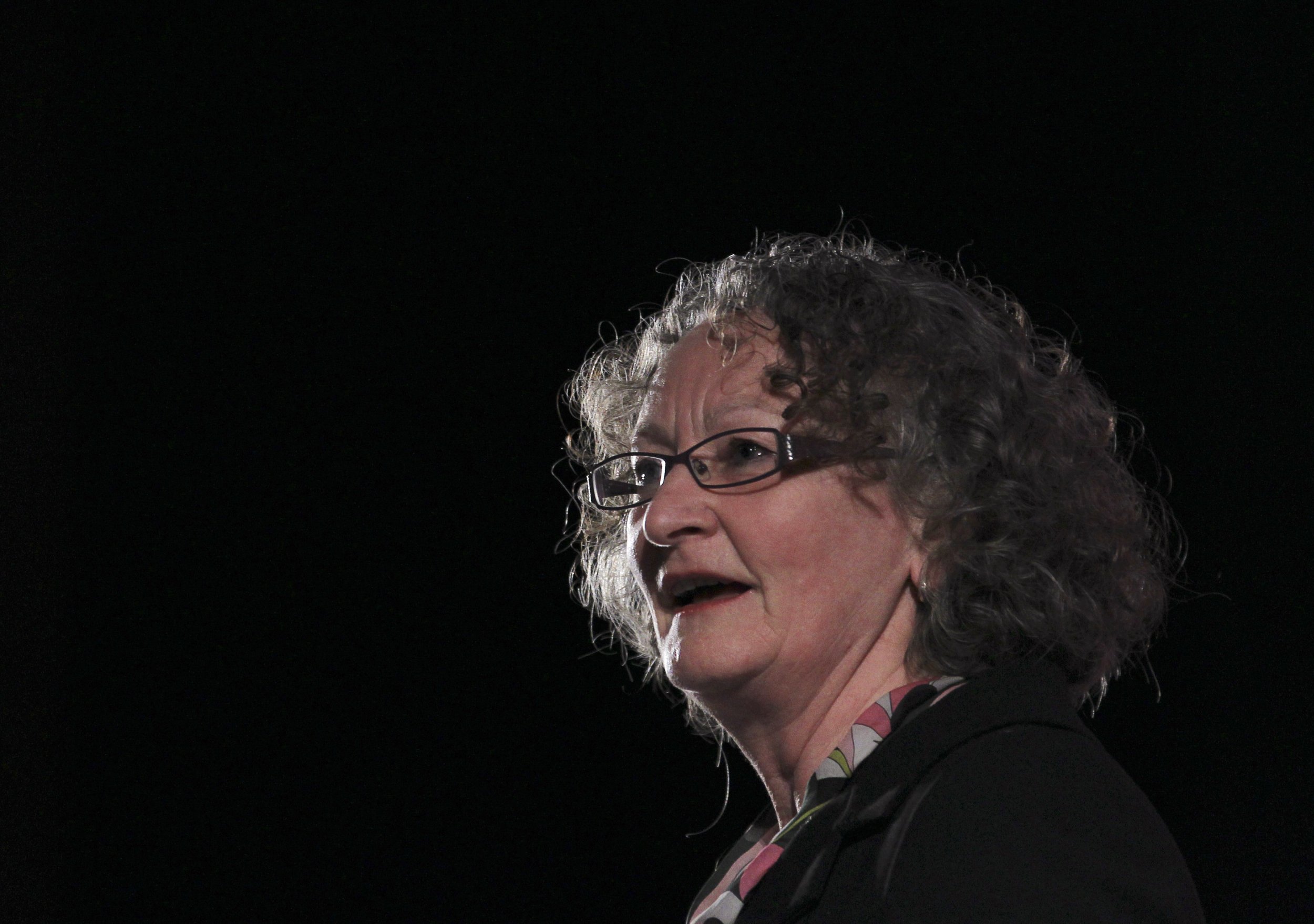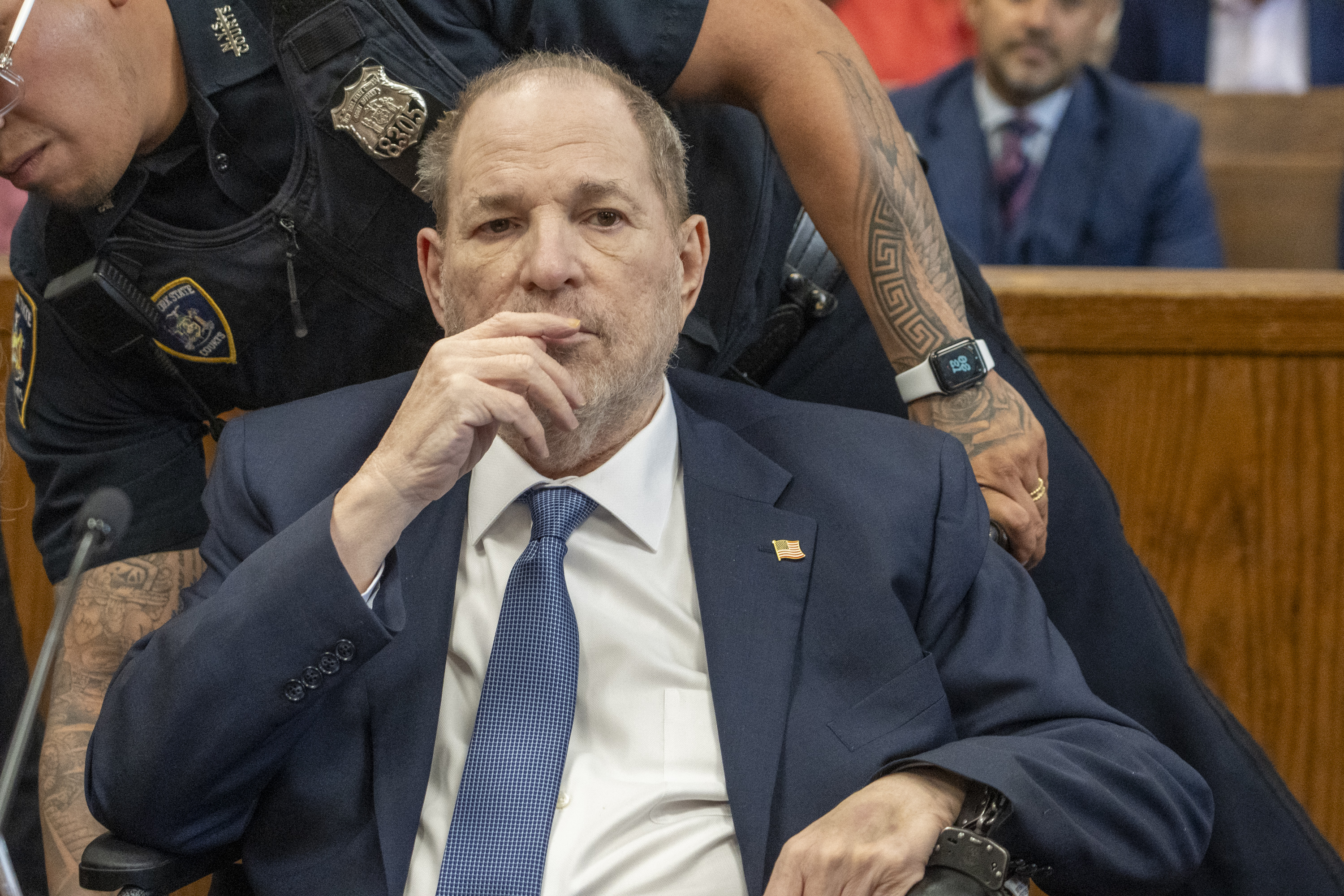
The roar of anger from alienated Leave voters at the bottom end of our economy found an easy target in the office blocks of Brussels. To them, as to many of us, the European Union (EU) appears too remote to care, too big to engage and too distant to listen. But the real source of their pain is much closer to home.
It is our home-grown democratic system that has failed to represent their interests over many decades. So the starting point for any progressive revival in the U.K. is a full-scale renewal of how we elect, who we elect and what we expect them to do.
Since the de-industrialization of the 1980s, globalization has massively changed industries, jobs and trading patterns. Old certainties melted away and so did much of the economic glue that made communities work. The reason our political structures have failed to adapt and generate new solutions to this growing crisis is that the first-past-the-post electoral system has encouraged the neglect. Put simply, their natural political representatives in the Labour Party of Blair and Mandelson took those people for granted, as they sought to win the crowded, centre ground of middle England.
There are only around 194 marginal seats that regularly change hands during general elections, and nearly all the attention is on these marginals and the swing voters in them. For those in the remaining 456 constituencies with safe seats, their vote really has no bearing on the result.
First past the post means that most votes don't count. It has created a political stasis designed to prevent radical change, and a set of career politicians, operating within the infamous Westminster bubble. Issues, such as voting reform, an elected second chamber, a recall system for MPs and local referendums are obvious options to burst that bubble.
If Britain can vote to do something as huge as leaving the EU, then introducing PR and replacing the House of Lords with a democratically elected second chamber seems a minor reform by comparison. I hope that these ideas gain traction across the political spectrum, along with support for policies that address the stresses that underpin much of the anti-immigration feeling that has been growing in recent years.
The rhetoric of hatred is making our country a scary place and needs to be challenged head on. However, we also need to recognise that the underlying solutions require us to break the straightjacket of austerity thinking that led so many Labour MPs to back the government's draconian Welfare Bill last year.
There needs to be a proper living wage, not Osborne's obscene, faux, mislabelled version. And that living wage must be rigorously enforced to stop people being undercut by cheaper labour. We need to address the housing crisis by ending the right to buy and building social housing on the scale we achieved in the 1950s. We need investment in the sustainable industries of the future in order to restore pride and purpose to many communities.
It's also worth noting that the vote to leave the EU does not give anyone in government a mandate to dismantle the environmental and labor protections that our country has signed up to.
It is possible, even likely, that there will be a general election soon and the Green Party, along with other progressive parties, must draw up a common set of red lines that we want out of the post-referendum negotiations. We may end up with an enhanced version of the Norwegian model, which would enable us to retain a pan-European approach to major problems like air pollution and climate change. We could also start to think imaginatively about changing the bad things we have taken for granted, such as the massive handouts to rich farmers who damage biodiversity with terrible farming practices.
The political establishment is in shock and flux and that crisis provides an opportunity for progressives to provide a different vision of how our country could be. We need to regain the multi-cultural spirit of the 2012 Olympic Games when we were more comfortable with ourselves and proud of achievements like the NHS.
Getting there will be hard, but it starts with creating a democracy that connects with the people who our economy and successive governments have left behind.
Jenny Jones is a Green Party peer. Follow her on Twitter @GreenJennyJones.
Uncommon Knowledge
Newsweek is committed to challenging conventional wisdom and finding connections in the search for common ground.
Newsweek is committed to challenging conventional wisdom and finding connections in the search for common ground.
About the writer
To read how Newsweek uses AI as a newsroom tool, Click here.








